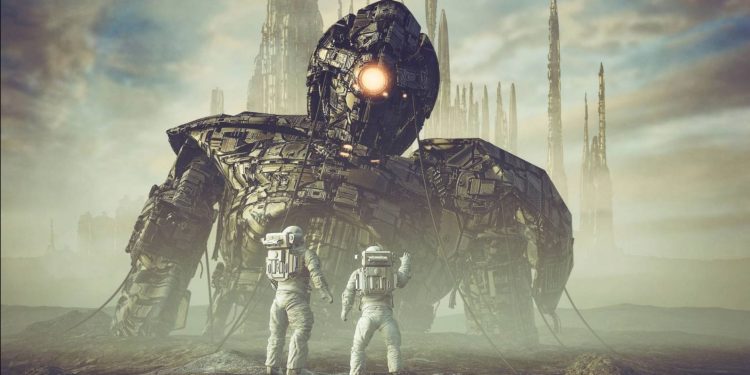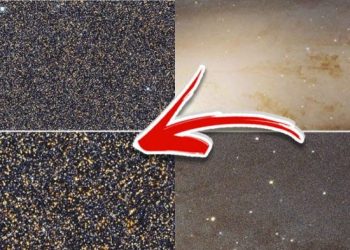One of the greatest scientists to ever walk the Earth was, without a doubt, the great Professor Stephan Hawking. He had a lot to say about alien life, black holes, and the future of humanity. In one article, I wrote about his book Brief Answers to the Big Questions, where professor Hawking spoke pout, among other things, about Artificial intelligence and Alien contact:
Is there other intelligent life in the universe?
There are forms of intelligent life out there. We need to be wary of answering back until we have developed a bit further.
Will artificial intelligence outsmart us?
A super-intelligent AI will be extremely good at accomplishing goals and if those goals aren’t aligned with ours we’re in trouble.
However, even before his book, professor Hawking on one occasion warned the world by saying, “If aliens visit us, the outcome would be much as when Columbus landed in America, which didn’t turn out well for the Native Americans.” Whether this is the case remains to be seen. Officially, we are yet to meet our cosmic brethren. However, another great scientist, professor Avi Loeb, is of a more relaxed narrative when it comes down to alien contact. The former chair of astronomy at Harvard recently wrote that billions of worlds are habitable across our galaxy. In other words, the resources we see as precious and unique are, in fact, commonplace in the Milky Way.
Fear of aliens?
Why do we fear aliens? According to professor Loeb, the fear of predators arises through our experiences on Earth. However, interstellar space is massive and anything but similar to our small earthly environment. Therefore, humankind is safe, according to Loeb. The first radio message we transmitted dates back to 1897. This was nearly 126 years ago. As revealed by Loeb, only intelligent civilizations existing within 63 light years from Earth could have noticed us as a civilization capable of radio communication. Luckily, this is no more than 0.0026, the distance to the core of the Milky Way. In other words, this is home to less than “a millionth of all the stars in the Milky Way.”
What will aliens be like
So, say we meet aliens, would they be little green men like we imagined throughout the years? Would they look like Paul, the alien? According to Loeb, neither. During a recent Q&A, Loeb was asked what alien creatures we might encounter and whether these aliens threaten humans. Professor Loeb answered: “I explained that the encounter will most likely involve technological gadgets with artificial intelligence (AI) and potentially 3D printing capabilities to repair damaged parts or self-replicate.”
As explained by Loeb, these technological gadgets are far more suitable for surviving the vastness of interstellar space than biological creatures. After all, exploring the universe is a tedious, long journey that comes with many hazardous problems. As I have written in previous articles and as explained by Loeb, our very own artificial intelligence would likely recognize (and communicate) an alien AI long before humans do so.
Summa Sumarum
And as professor Loeb concludes his essay, the truth is that humans are far from interesting in interstellar scales. As a result, we might not hear from aliens for a while. This is because we are either not looking for them where we should, or these aliens are far more advanced than we can even imagine, and we are no more than ants to them.











